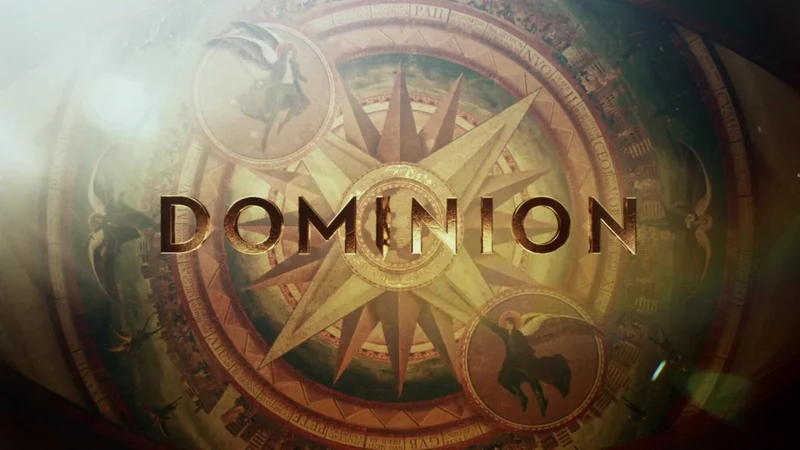Alright, let's get one thing straight: if I hear one more tech bro use the phrase "AI is going to revolutionize everything," I might just throw my laptop out the window. Seriously.
For years, we've been bombarded with promises of AI-powered utopias. Self-driving cars that never crash (yeah, right), personalized medicine that cures all diseases (give me a break), and robot overlords who will... uh, optimize our productivity? The reality, as always, is a lot messier. Where are the flying cars, huh? Still waiting.
The problem isn't that AI is useless. It's that the hype is so ridiculously overblown that it's actively harmful. It distracts us from the real issues, like wealth inequality, climate change, and the fact that my internet bill is still way too damn high. And it leads to companies making wild promises they can't possibly keep, just to boost their stock price.
But hey, it's not all doom and gloom. Maybe, just maybe, the pendulum is starting to swing the other way. People are finally starting to realize that AI isn't magic. It's just code. Code written by humans, with all their biases and limitations.
Let's be real, AI is only as good as the data it's trained on. And if that data is flawed, biased, or incomplete, the AI will be too. Garbage in, garbage out, folks. It's not rocket science.
And don't even get me started on the "black box" problem. These AI algorithms are so complex that even the people who build them often don't fully understand how they work. So how can we trust them to make important decisions about our lives? We can't.

I keep hearing about how AI will solve all our problems. But what happens when AI makes a mistake? Who's responsible? The programmer? The company? The algorithm itself? And what about the ethical implications? Are we really comfortable letting machines decide who gets a loan, who gets a job, or even who gets to live? Seems like a bad idea, no, 'bad' doesn't cover it—this is a five-alarm dumpster fire.
I mean, think about it. We're already seeing AI systems perpetuate and amplify existing biases in areas like hiring and criminal justice. It's not hard to imagine a future where AI is used to further oppress marginalized communities. Great. Just what we needed.
Plus, all this talk about AI taking our jobs? Yeah, that's still a very real concern. Sure, some new jobs will be created, but will they be enough to replace the ones that are lost? And will those new jobs be accessible to everyone? I doubt it. So, what are we supposed to do? Just sit around and wait for the robots to take over?
Okay, okay, maybe I'm being too cynical. Maybe AI does have the potential to do some good in the world. But we need to be realistic about its limitations and its potential risks.
We need to stop treating AI like a magical solution to all our problems and start thinking about it as a tool. A powerful tool, yes, but a tool nonetheless. And like any tool, it can be used for good or for evil. It all depends on who's wielding it, and for what purpose.
And we need to have a serious conversation about the ethical implications of AI. We need to develop clear guidelines and regulations to ensure that AI is used responsibly and ethically. Otherwise, we're just asking for trouble. Then again, maybe I'm the crazy one here.
Let's be real, the AI revolution is turning out to be more of a slow burn, and that's probably a good thing. The sooner we ditch the ridiculous hype and start having a more honest conversation about AI, the better off we'll be. It ain't gonna save us.